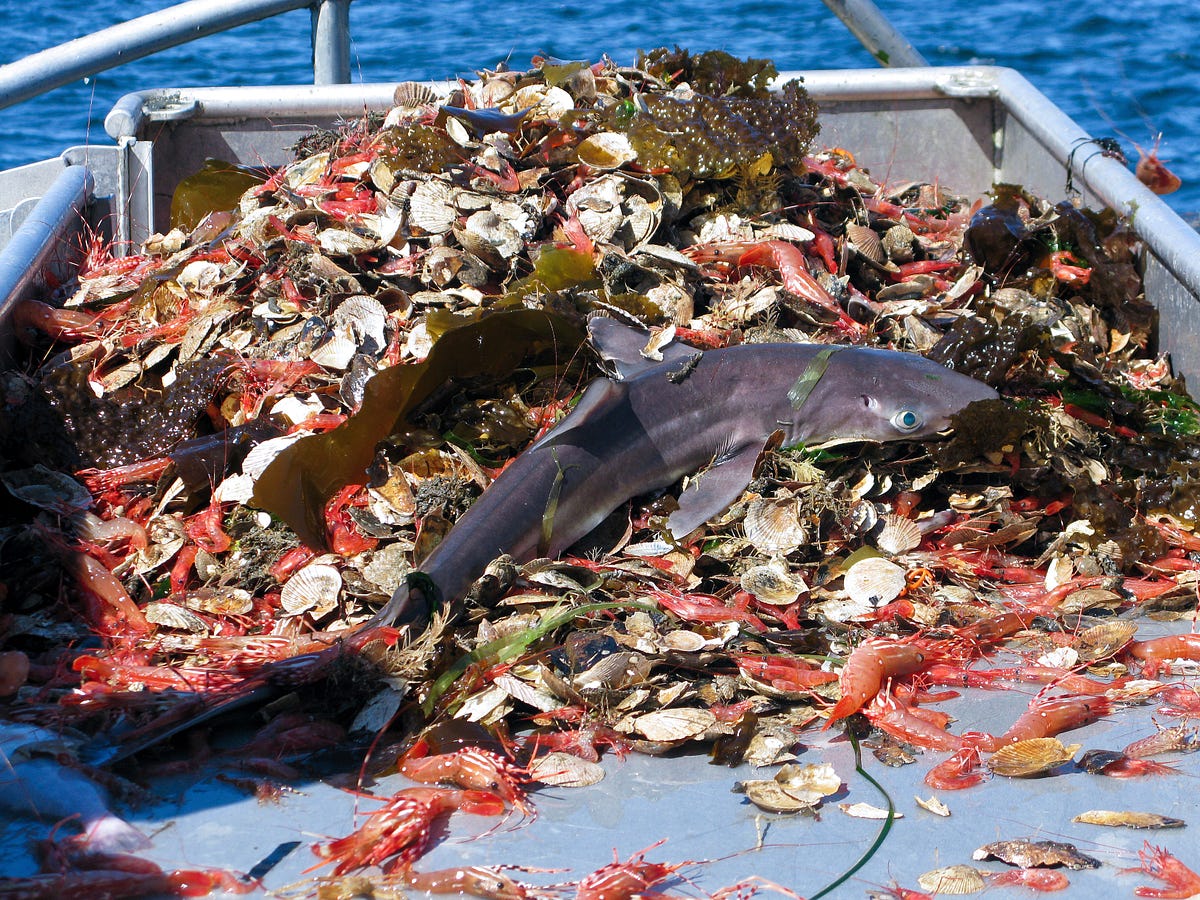Our relationship with the ocean with modern day media is more or less antagonistic. From movies like Jaws to the way many sea creatures are represented in documentaries or science blogs shoehorn the idea that “the ocean is scary” and continue to feed public fear of the deep, blue unknown. The media has more power over public perception than we think. I feel that it’s the responsibility of artists and the media to, rather than brew fear and misunderstanding, make works that have lasting and positive impact when it comes to issues concerning our environment. ABZÛ, a title from Giant Squid Studios, is an indie game that tells a story of environmentalism through a lens unique to video games: the language of interaction.
I will start by saying that ABZÛ is one of the most beautiful games I’ve ever played. It’s full of vivid colors that make the world feel bright and open. As you swim around, you’re able to explore deeper depths, learn about the diversity of species and interact with everything around you. This is already a vastly different representation we see of the ocean. Rather than the usual portrayal of the ocean’s vast emptiness, this world feels full and gorgeous and fills the player with a sense of wonder rather than dread.
But the greatest thing about this game is in its message. Without spoiling anything, ABZÛ biggest message is about the subjugation of nature, and how human activity has played a major role in its deterioration. The imagery used throughout the game is symbolic and moving. As you dive deeper, you see a less dazzling aspect of this underwater world, with wildlife becoming less friendly along with mines and other man-made hazards littering the area. The diversity begins to slowly diminish as well, showing how human activity has deeply affected the ecosystem. Its message isn’t all doom and gloom wrapped is a beautiful package. It’s as much of a story about human responsibility to the environment as it is one of redemption, a path to mending society’s mistakes and building a healthier relationship with the environment. Technology is portrayed as having both the power to harm and to heal, and the player slowly builds a more amicable relationship with the wildlife they’re surrounded by.
What stands out the most to me is the use of the Great White Shark as its mascot. An animal typically depicted as a vicious antagonist is treated with reverence and respect. As I touched on in my first blog post, a shark is an apex predator. Their function goes beyond just eating things. They regulate population sizes and prevent potential trophic cascades. This makes them incredibly important to the health of an ecosystem. Rather than depicting them as bloodthirsty murder machines, they are acknowledged for their usefulness to nature. Instead of looked upon with fear, they are a companion.
I think a story like this is more beautifully told through the medium it’s in. Unlike other art forms like film, that can only show and tell its message, video games actively make the player complicit in this system of subjugation. It’s a beautiful, immersive, and moving experience that’s told uniquely through the interactivity that video games allow us. By letting players explore the expansive underwater world, it teaches about the importance of biodiversity, the negative impacts of human development, and how we can heal rather than destroy simply through understanding, empathizing with living things we would typically run in fear from. In the face of real-world environmental catastrophe, the message of ABZÛ is an important one. It’s a marvelous and profound example of art being used to spread a positive and important message, as well as challenge our views of the natural world.
ABZÛ is available for purchase on PS4, XBOX, and Steam.
http://www.abzugame.com/















